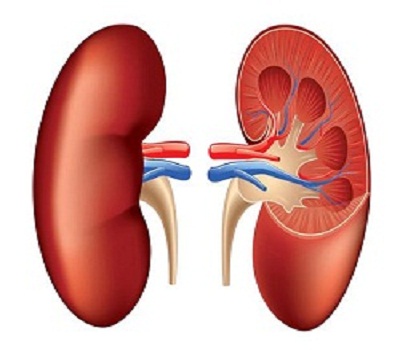Kidney Transplantation
Home > Kidney Transplantation
Kidney Transplant Treatment in Pimpri Chinchwad
A kidney transplant is a surgery to place a healthy kidney into a person with kidney failure.
Kidney transplants are one of the most common transplant operations in the United States. One donated kidney is needed to replace the work previously done by your kidneys.
The donated kidney may be from:
- Living related donor — related to the person receiving the transplant, such as a parent, sibling, or child.
- Living unrelated donor — such as a friend or spouse.
- Deceased donor — a person who has recently died and who has no known chronic kidney disease.

The healthy kidney is transported in cool salt water (saline) that preserves the organ for up to 48 hours. This gives the health care providers time to perform tests to ensure that the donor’s and recipient’s blood and tissue match.
PROCEDURE FOR A LIVING KIDNEY DONOR
If you are donating a kidney, you will be placed under general anesthesia before surgery. This means you will be asleep and pain-free. Surgeons today can often use small surgical cuts with laparoscopic techniques to remove the kidney.
PROCEDURE FOR THE PERSON RECEIVING THE KIDNEY (RECIPIENT)
People receiving a kidney transplant are given general anesthesia before surgery.
- The surgeon makes a cut in the lower belly area.
- Your surgeon places the new kidney inside your lower belly. The artery and vein of the new kidney are connected to the artery and vein in your pelvis. Your blood flows through the new kidney, which makes urine just like your own kidneys did when they were healthy. The tube that carries urine (ureter) is then attached to your bladder.
- Your own kidneys are left in place unless they are causing a medical problem. The wound is then closed.
Kidney transplant surgery takes about 3 hours. People with diabetes may also have a pancreas transplant done at the same time. This can add another 3 hours to the surgery.
